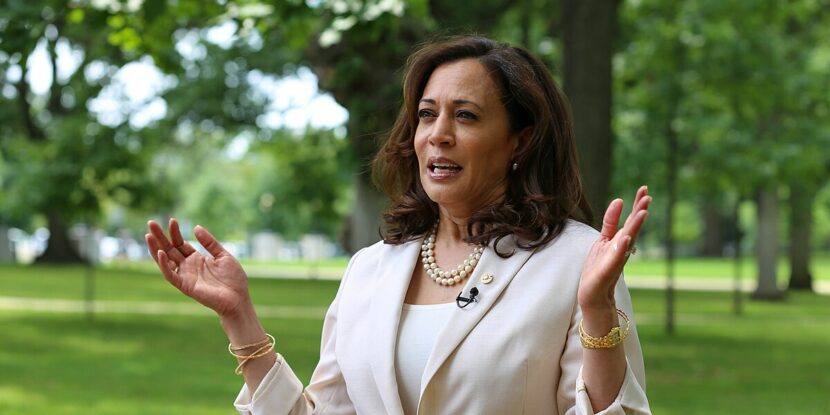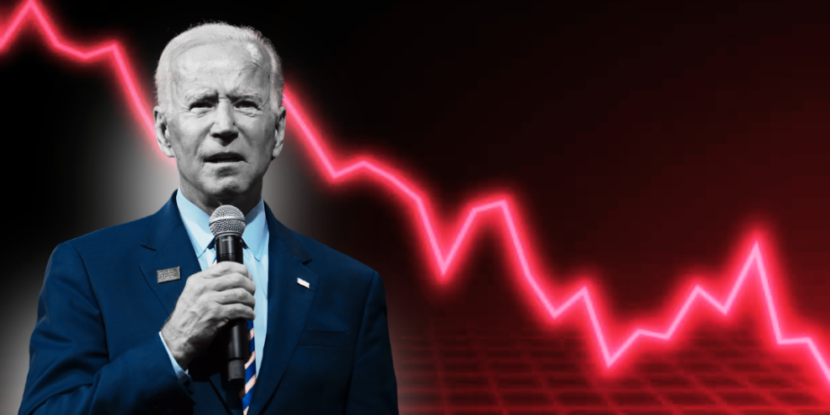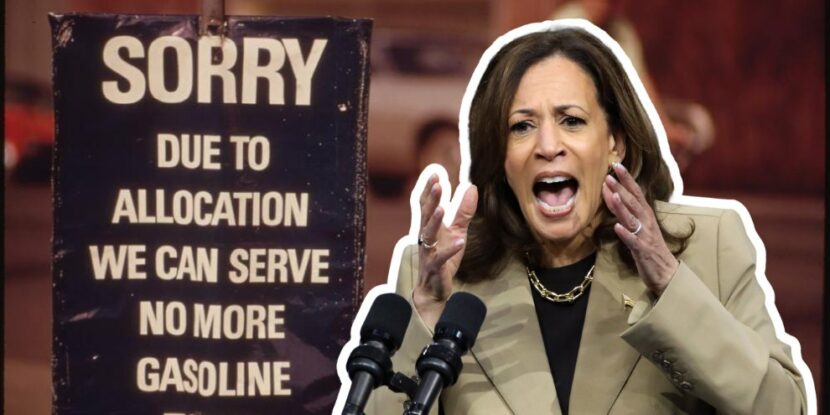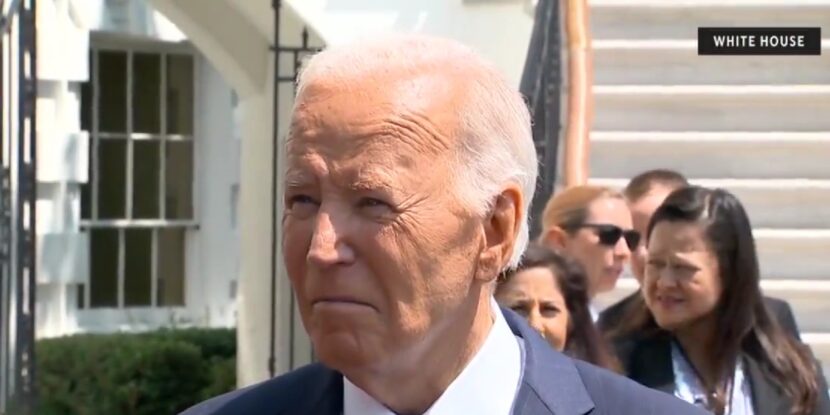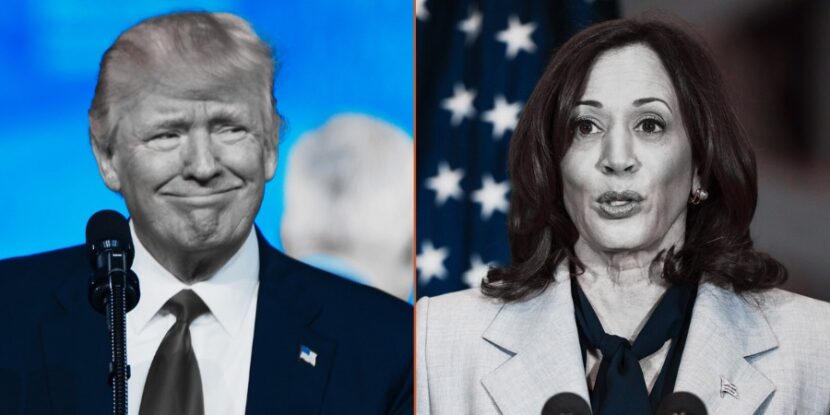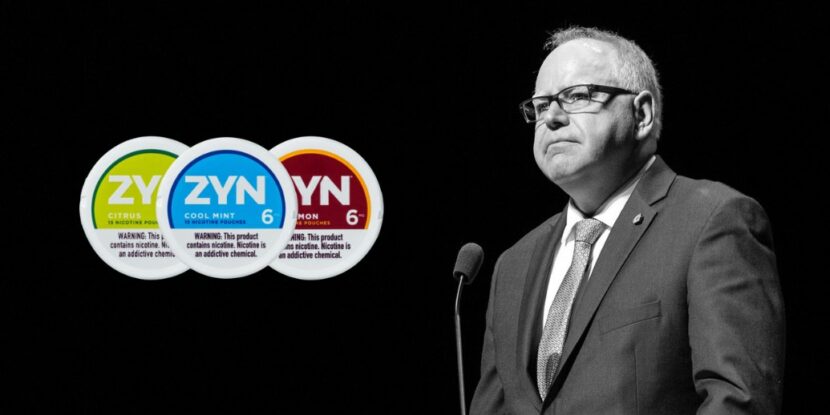Illegal immigrants are costing Mississippi taxpayers over $100 million annually, according to a new report released by State Auditor Shad White. The study examines the cost borne by taxpayers to provide education, healthcare, and incarceration for the state’s illegal immigrant population. Meanwhile, the state estimates there are currently 22,000 illegal immigrants residing in the state—comprising over a third of Mississippi’s total foreign-born population.
“Mississippi’s illegal immigration problem is spiraling out of control and is costing taxpayers millions,” White said in a statement regarding the data. The State Auditor added: “Our public schools, hospitals, and prisons will continue to lose massive sums of money that we could have spent on our own citizens if this problem is not solved.”
While the Mississippi Department of Education is barred from documenting the legal status of students and their families, analysts with the State Auditor’s office estimate over 2,500 illegal immigrants are enrolled in K-12 schools. The state’s education funding formula allocates education dollars based on the number of students enrolled in a school—with an additional 15 percent in funding available for students who struggle with learning English. The report estimates that the education cost of Mississippi’s illegal immigrants is upwards of $25 million annually.
The auditor’s report shows, however, that the cost of healthcare for illegal immigrants is by far the biggest drain on the state’s coffers. White’s office estimates that the state spends over $77 million every year on healthcare for illegals—factoring in emergency room visits, lack of insurance, and Medicaid services for U.S.-born children of noncitizens.
Tthe State Auditor’s office also estimates that the cost of incarcerating illegal immigrants until they can be transferred to federal immigration authorities costs the state upwards of $1.7 million annually.
show less

